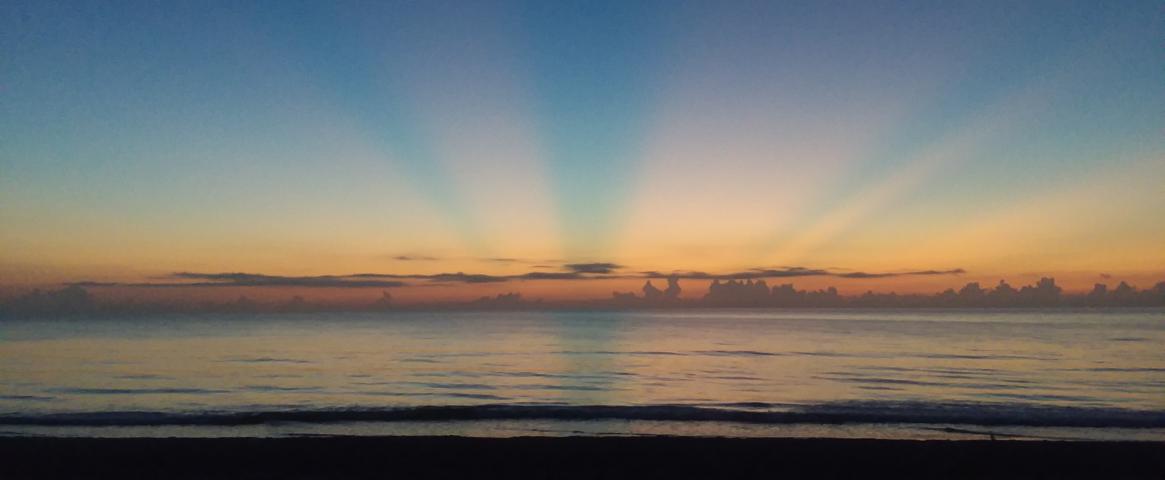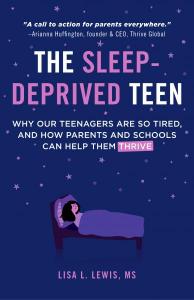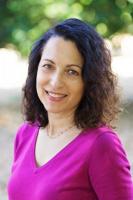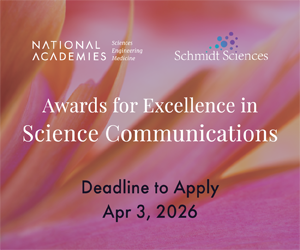
Lisa L. Lewis —The Sleep-Deprived Teen: Why Our Teenagers Are So Tired, and How Parents and Schools Can Help Them Thrive
WHY OUR TEENAGERS ARE SO TIRED,
AND HOW PARENTS AND SCHOOLS CAN HELP THEM THRIVE
Mango Publishing, June 7, 2022, $18.95
ISBN-13: 978-1642507911
ASIN: B09SQCN9JH
Lewis reports:
The issue of teen sleep first hit my radar when my son entered high school in August 2015. At that point, our local high schools started at 7:30 a.m., which seemed ridiculously early! I started researching and writing about the issue, and quickly learned that I’d tapped into something much larger than our community. Not only was there was a body of research about why high schools should start later in the morning given the impact on teen sleep, but the CDC had just released a baseline report on school start times.
Although I didn’t make headway with my local school district, a 2016 op-ed I wrote for the Los Angeles Times caught the attention of California State Senator Anthony Portantino, whose district is in L.A., and spurred a bill on the topic. I was swept up in the 2 ½ year legislative journey, which eventually resulted in California’s new landmark law requiring healthy start times for the state’s public middle- and high-schools.
My book came about as an outgrowth of that experience. It took about 10 months for me to develop the proposal and several months of outreach to potential agents. And then, while I was in talks with my agent, the pandemic hit, which made the process of finding a publisher that much more difficult. There was a silver lining for school start times, though: during pandemic-driven remote instruction, many schools opted to start classes later in the morning, and many ended up keeping the new schedules in place once in-person school resumed.As I wrote the actual manuscript, the outline and content morphed from what I’d initially thought; some chapters were split in two because there was so much to cover, and some I’d wanted to include just didn’t fit. Throughout, I tried to stay focused on the intended audience—primarily parents of teens and tweens, but also educators and others who work with adolescents—and tailor the content and tone accordingly.
One final insight: as a first-time author, I’ve learned how much it helps to be part of a community of other writers for support and advice.
Contact info:
- Lisa L. Lewis, lisa@lisalynnelewis@gmail.com, https://www.lisallewis.com/, Twitter: @LewisLisaL, Instagram: @LewisLisaL
- Book: https://mango.bz/books/the-sleep-deprived-teen-by-lisa-l-lewis-2051-b
- Publicist: Geena El-Haj, geena@mangopublishinggroup.com
- Agent: Joëlle Delbourgo, joelle@delbourgo.com
NASW members: will your book be published soon? Promote it by submitting your report for Advance Copy.
Tell your fellow NASW members how you came up with the idea for your book, developed a proposal, found an agent and publisher, funded and conducted research, and put the book together. Include what you wish you had known before you began working on your book, or had done differently.
See https://www.nasw.org/advance-copy-submission-guidelines.
View Advance Copy archives at https://www.nasw.org/member-article/advance-copy.
Thinking of writing a book? If you are a NASW member, you may access a list of more than 200 books and online resources to help you craft your book proposal, find an agent and funding sources, negotiate your contract, learn about self-publishing, publicize and market your book, and more at https://www.nasw.org/article/write-book.
Send book info and questions about book publishing to Lynne Lamberg, NASW book editor, llamberg@nasw.org.
Follow @LynneLamberg on Twitter for news about science/medical books, writing, and NASW authors.
Hero photo via USGS, public domain
Advance Copy
The path from idea to book may take myriad routes. The Advance Copy column, started in 2000 by NASW volunteer book editor Lynne Lamberg, features NASW authors telling the stories behind their books. Authors are asked to report how they got their idea, honed it into a proposal, found an agent and a publisher, funded and conducted their research, and organized their writing process. They also are asked to share what they wish they’d known when they started or would do differently next time, and what advice they can offer aspiring authors. Lamberg edits the authors’ answers to produce the Advance Copy reports.
NASW members: Will your book be published soon? Visit www.nasw.org/advance-copy-submission-guidelines for information on submitting your report.
Publication of NASW author reports in Advance Copy does not constitute NASW's endorsement of any publication or the ideas, values, or material contained within or espoused by authors or their books. We hope this column stimulates productive discussions on important topics now and in the future as both science and societies progress. We welcome your discussion in the comments section below.




